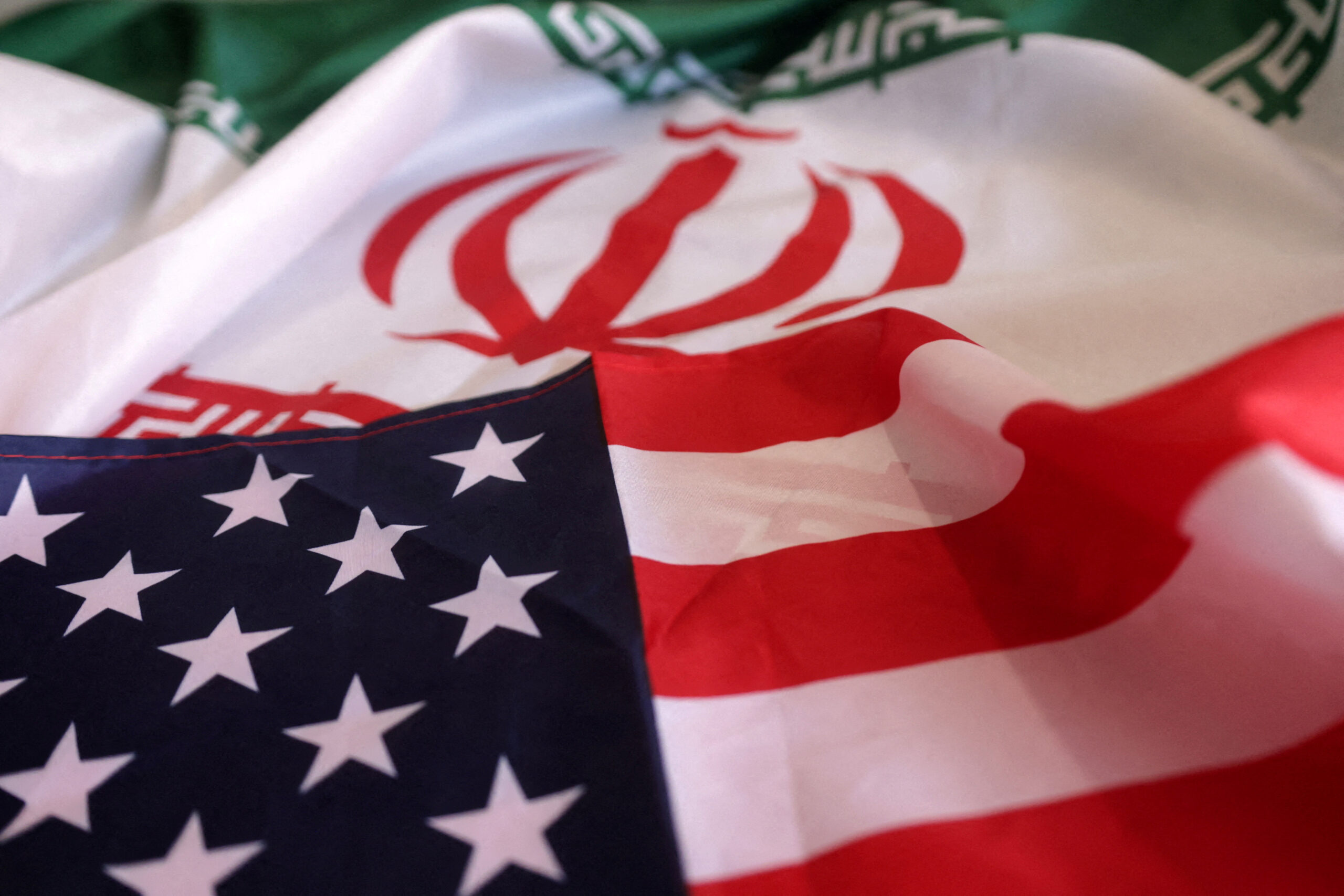US Secretary of State Marco Rubio has urged China to step in and persuade Iran not to close the Strait of Hormuz—a key global energy chokepoint—warning that any such move could have catastrophic economic consequences worldwide.
Rubio’s remarks come in the wake of Iranian state media reporting that the country’s parliament has approved a proposal to shut down the Strait. However, the final decision rests with Iran’s Supreme National Security Council. Given the strait’s strategic importance—carrying roughly 20% of global oil trade—any disruption could send shockwaves through international markets.
“If Iran moves to close the Strait, it would be economic suicide,” Rubio said during an interview with Fox News. “I encourage the Chinese government to talk to them. China, in particular, depends heavily on oil that flows through Hormuz.”
Rubio added that while the US has options to respond to any disruption, other nations, especially in Asia, would suffer more severe economic fallout. His comments highlight growing concerns over the impact of rising tensions in the Gulf region on energy security and global markets.
Tensions have escalated significantly after US President Donald Trump confirmed over the weekend that American forces had launched airstrikes on key Iranian nuclear facilities, including the underground Fordo enrichment site. The exact scale of damage remains uncertain, as the UN nuclear watchdog reported it could not assess the impact due to the fortified nature of the facility. Iran has claimed only minor damage occurred.
In response to the US strikes, global oil markets reacted sharply. Brent crude prices surged to $78.89 a barrel—the highest since January—fuelled by fears of prolonged instability in the region. The price spike reflects widespread anxiety about supply interruptions, especially if Iran makes good on threats to close the Strait.
China, the world’s largest buyer of Iranian oil, imported over 1.8 million barrels per day from Iran last month, according to ship-tracking firm Vortexa. Other major economies such as India, Japan, and South Korea also rely heavily on oil that transits through the Strait of Hormuz.
Given this reliance, Rubio’s call for Chinese intervention is strategic. Disruption in the Strait would not only harm Iran’s economy but also jeopardize its key trade relationships—particularly with Beijing. Energy analyst Vandana Hari echoed this view, stating that Iran has “too much to lose” and could alienate Gulf neighbors and antagonize China if it attempts to close the Strait.
Meanwhile, China has condemned the US airstrikes. In a strong statement, Beijing warned that Washington’s actions have damaged its international credibility and urged restraint. China’s UN Ambassador Fu Cong called on all sides to de-escalate and avoid “adding fuel to the fire.” The Global Times, a state-run Chinese newspaper, further criticized US involvement, saying it has pushed the Middle East to the brink of an uncontrollable crisis.
Beyond regional implications, the oil crisis also carries direct consequences for global consumers. Rising crude prices impact everything from fuel costs at the pump to transportation and food prices, putting additional strain on economies already grappling with inflation and slow recovery from past global shocks.
Analysts warn that if tensions escalate further—especially if Iran proceeds with a blockade—the impact on energy markets could be severe and prolonged. The US has positioned military assets in the region to deter any Iranian retaliation, but the broader geopolitical risks remain high.
In conclusion, the Strait of Hormuz remains a flashpoint in the evolving Iran-US-Israel crisis. While military and political rhetoric intensifies, the economic stakes for the world—particularly energy-dependent nations like China—are too significant to ignore. The US sees Beijing as a key player in diffusing this crisis, not only because of its influence in Tehran but also because it stands to lose much if conflict chokes the Strait.
As the world watches closely, diplomatic channels may yet prevent a deeper crisis—but the margin for error is shrinking rapidly.









